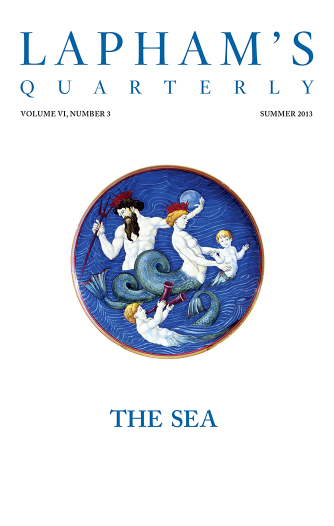See, sir, here’s the grand approach,
This way is for His Grace’s coach;
There lies the bridge, and here’s the clock,
Observe the lion and the cock,
The spacious court, the colonnade,
And mark how wide the hall is made!
The chimneys are so well design’d,
They never smoke in any wind.
This gallery’s contriv’d for walking,
The windows to retire and talk in;
The council chamber for debate,
And all the rest are rooms of state.
Thanks, sir, cry’d I, ’tis very fine,
But where d’ye sleep, or where d’ye dine?
I find by all you have been telling,
That ’tis a house, but not a dwelling.
“Upon the Duke of Marlborough’s House at Woodstock.” The palace described in this epigram—usually attributed to Pope—was given as reward for the duke’s victory at Blenheim in Bavaria in 1704. Pope opposed the duke on political grounds, viewing him as a warmongering Whig, and critiqued the grotesque grandeur of his new home. In 1718 he reiterated his disdain for the building, calling it in a letter “the most proud and extravagant heap of towers in the nation.”
Back to Issue





